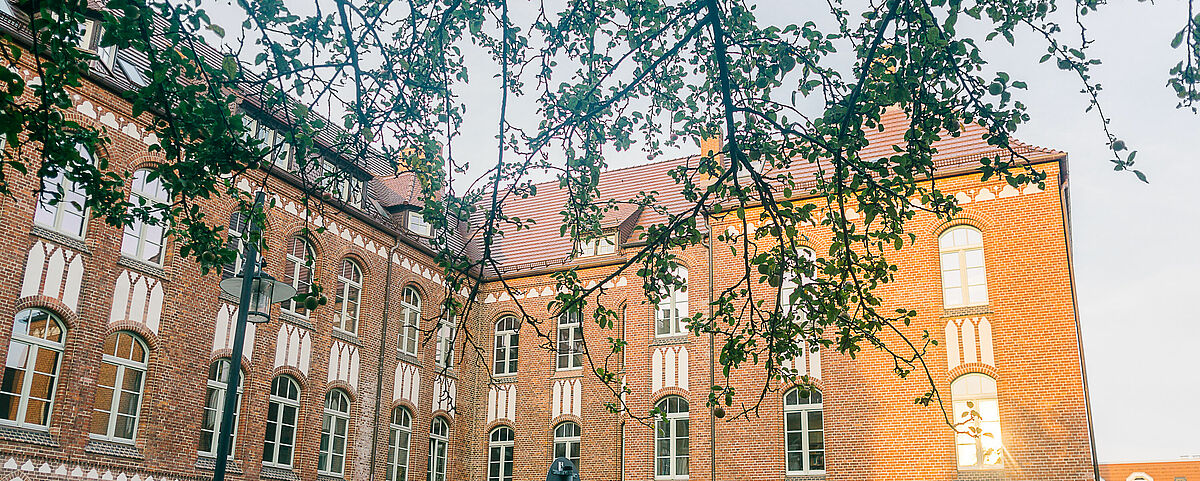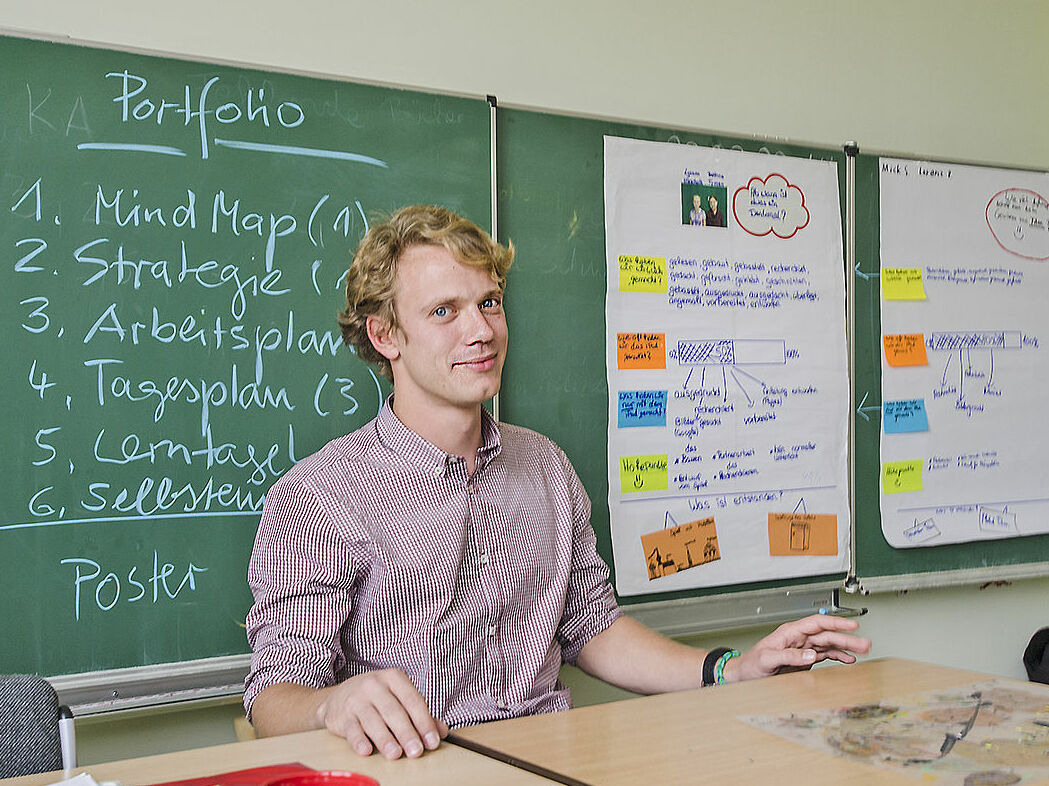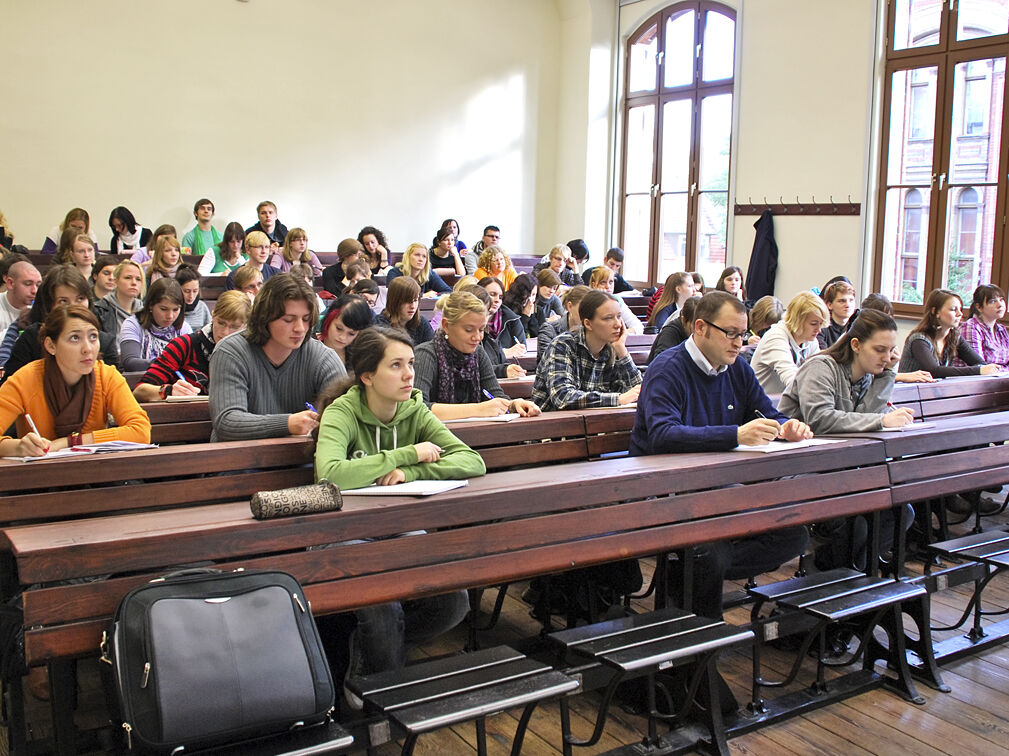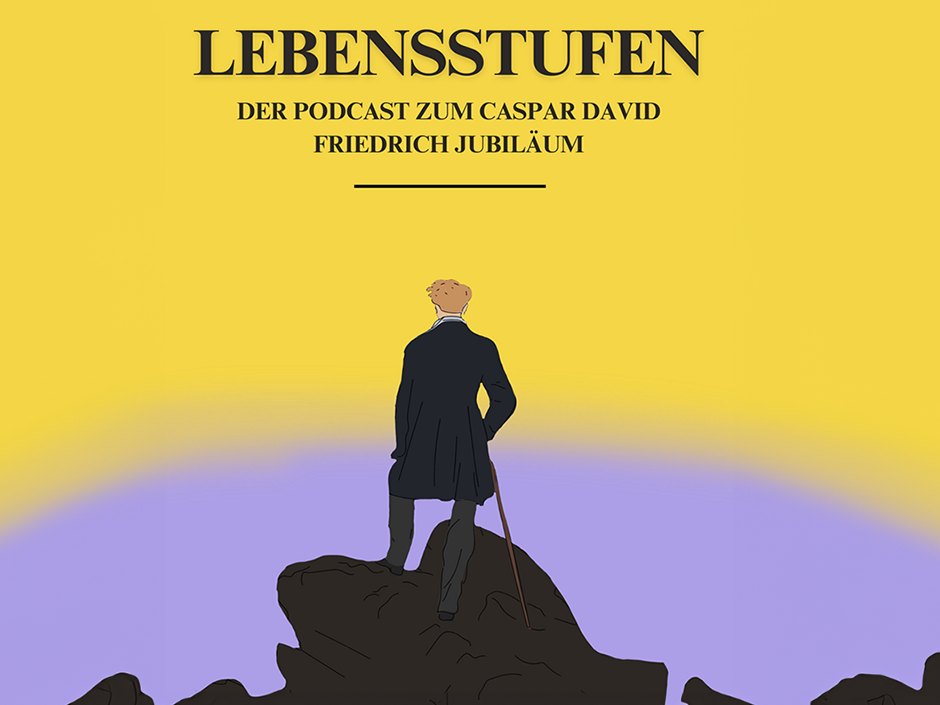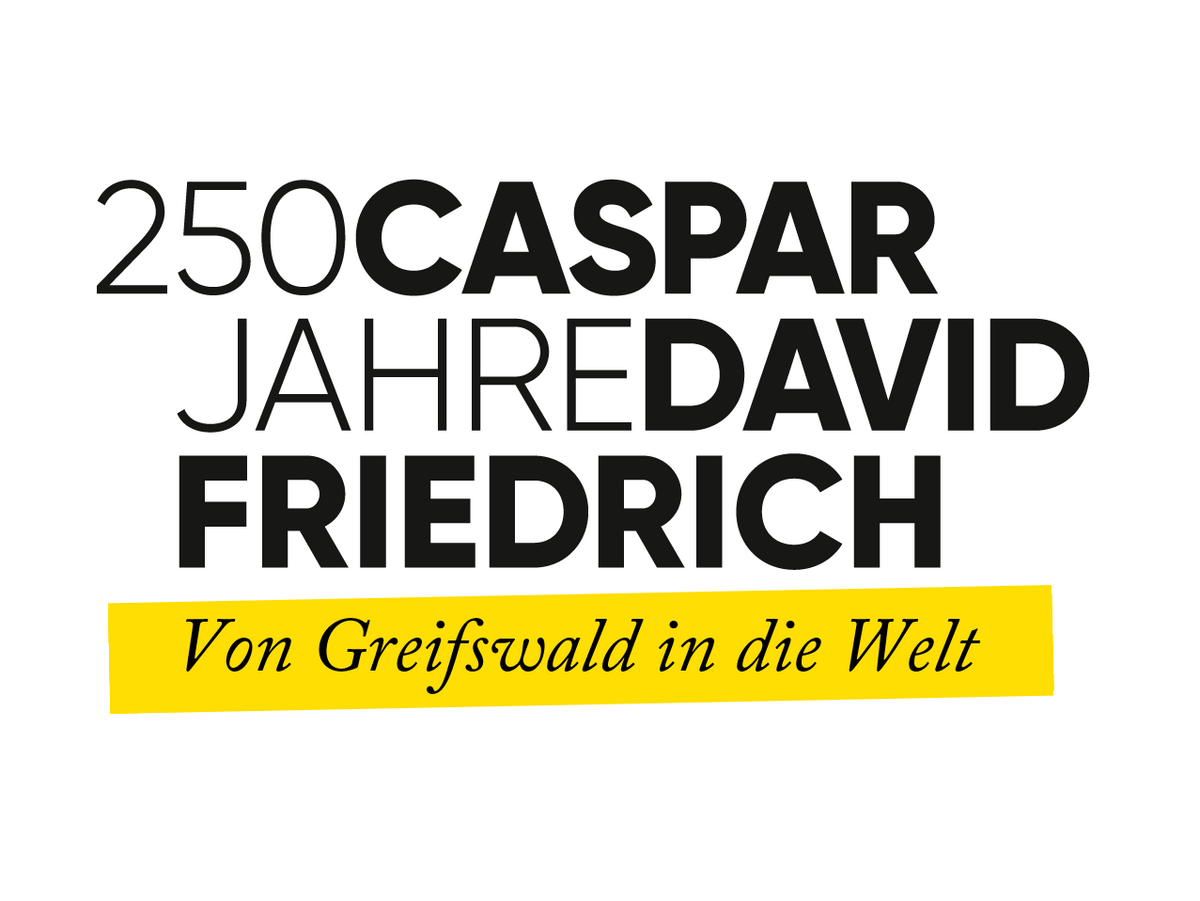The spread of learning algorithms is changing the meaning and forms of prediction, affecting the image of the future and the way to deal with it in the present. Whereas in the modern view the future is seen as open and unknowable because it does not yet exist and depends on present actions and expectations, today’s predictive algorithms claim to foresee the future providing an individual score for singular persons or events. But knowing the future in advance is not only advantageous. In fact, for our society, shared uncertainty about the future is also a resource. What happens to the stabilized forms of management of the future as a consequence of digital techniques?
Elena Esposito is Professor of Sociology at the University of Bielefeld and the University of Bologna. A leading figure in sociological systems theory, she has published extensively on the theory of society, media theory, memory theory and the sociology of financial markets. Her current research on algorithmic prediction is supported by a five-year Advanced Grant from the European Research Council. Her latest book Artificial Communication: How Algorithms Produce Social Intelligence will be published in 2021 by MIT Press.
Moderation: Professor Dr. Eckhard Schumacher
-------
Organizational information on the digital lecture
The Alfried Krupp Wissenschaftskolleg is offering this event live as a zoom meeting, in which viewers can also take part in the subsequent discussion with video contributions.
- We would be delighted if you gave your real name when dialing into Zoom. Of course, you can also take part in the event under a pseudonym.
- A list of all participants is available to all those involved during the entire event.
- During the lecture, the microphones of the audience are all automatically muted so as not to generate any disturbing background noise. You can turn on the audience's camera during the lecture.
- In the discussion that follows, requests to speak or questions can be displayed using the "Raise hand" function. You can find these - depending on the device - under the button "Participant", "More" or "Reactions" in Zoom. You can also lower your hand again if you want to withdraw the question.
- The moderator keeps a speech list and gives the floor in the order of the messages. If the moderator asks you to bring your question or request to speak, the user interface will ask you to turn on your microphone. If you have not already done so, you are welcome to turn on your camera. This is particularly desirable when presenting longer requests to speak so that the presenter can also see who is asking the question or who is making the comment.
- Of course, you also have the option of asking your questions in writing in the chat.
Recording of the Digital Lecture
This digital lecture will be recorded to be used for the Kolleg’s media library. Only the speaker, his or her presentation and the moderator will be heard or seen in the recording. Chat contributions as well as questions and answers are not recorded. A "REC" sign in the upper right-hand corner of the screen informs the participants that the event is being recorded.
-------
-------

